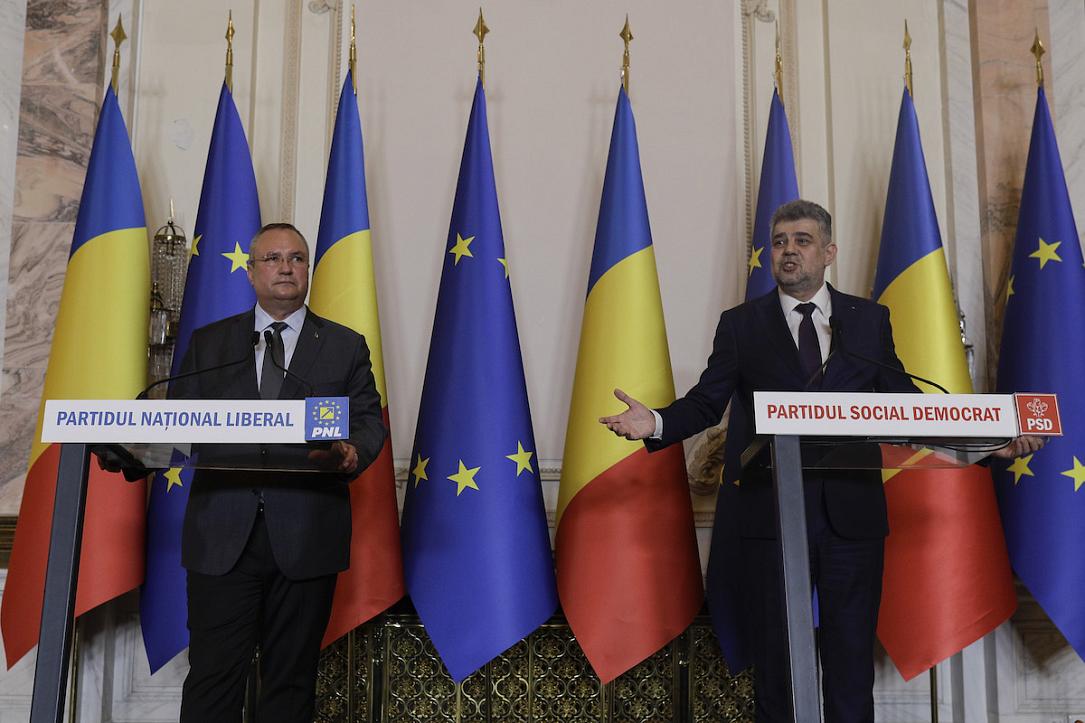Romania's ruling coalition tightens control over local administration



With 75% of the votes received for the mayoral seats in the local elections on June 9, the two ruling parties, the Social Democrats (PNL) and Liberals (PNL), managed to get nearly 90% of the seats and take a major headstart for the presidential and particularly parliamentary elections this autumn.
While the outcome of the presidential elections remains highly unpredictable, the parliamentary elections are likely to consolidate the majority of the incumbent ruling coalition.
President Klaus Iohannis praised himself for backing the idea of bringing together the Social Democrats and Liberals in 2021.
"You remember that there was a lot of debate in the public space whether this coalition is good for Romania or not. I think that this time we got a response even from the voters, who in a very large proportion, almost 50%, voted for the joint list of the coalition," he said.
However, the dominant position of the ruling coalition puts the role of the opposition in Romania at risk and leaves the door open to negotiations behind closed doors.
More than half of the 10% of country-wide mayoral seats not won by the PSD-PNL alliance are controlled by the Hungarian party UDMR, which leaves the opposition parties (mainly reformist USR and its partners) with less than 5% of the mayoral seats.
Bucharest remains an exception, as the independent candidate Nicusor Dan, backed by USR, defeated both candidates of the ruling coalition. But the ruling alliance won the elections in five of the capital's six districts.
iulian@romania-insider.com
(Photo source: Inquam Photos/Octav Ganea)